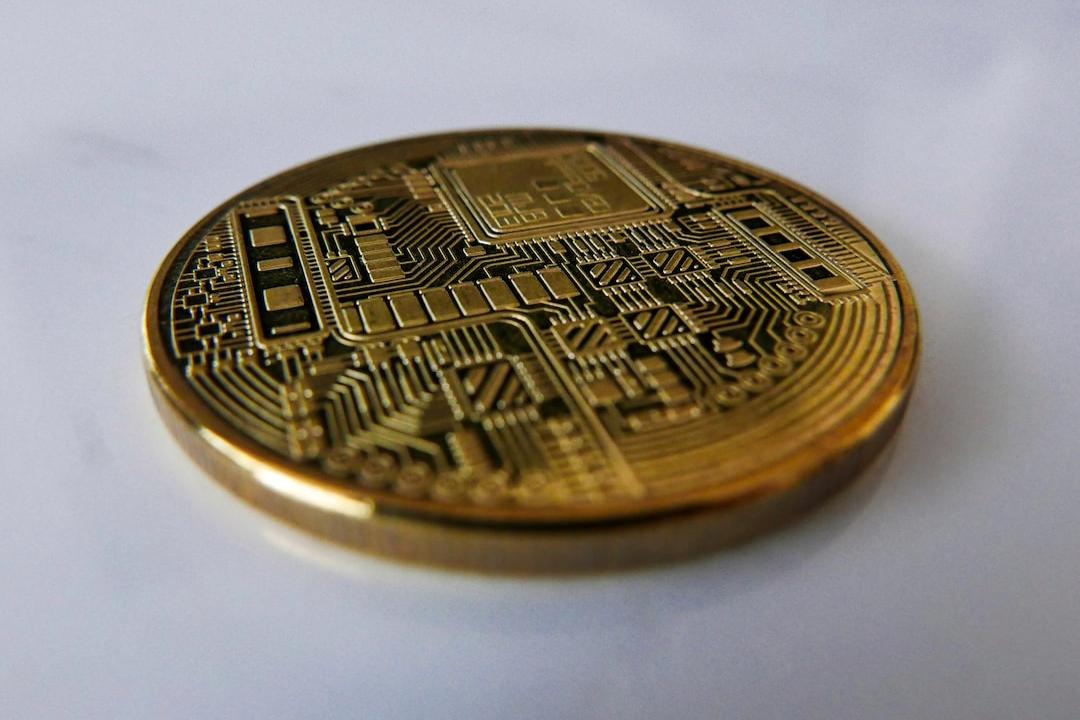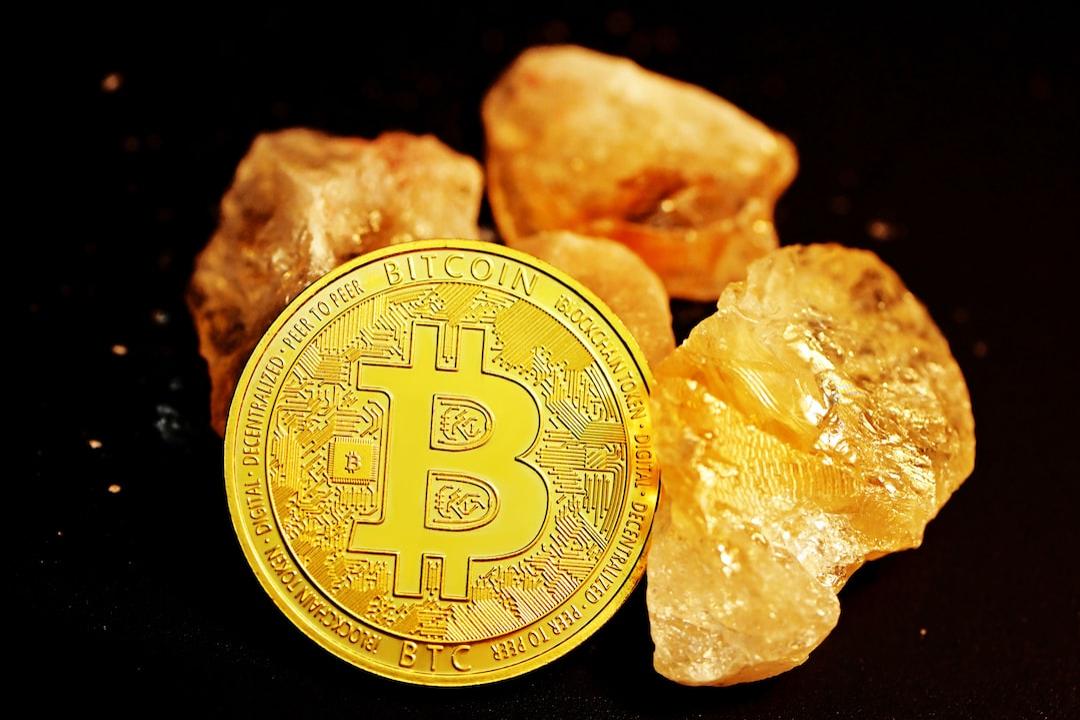After Musk took over as the head of the U.S. government’s efficiency department, his drastic cuts to federal government personnel and budget sparked significant backlash. People in the U.S. and overseas have directed their anger towards Musk’s company, Tesla, resulting in incidents of car burning and ### events happening frequently. Tesla’s stock has also been continuously falling recently. In response, Xie Jinhe, chairman of Caixin Media, posted a message last night, bluntly stating: “Musk is undoubtedly the biggest loser in the global stock market this year.”
(Background: Musk demands that all U.S. government employees “explain their work from last week, or be fired”! Major government agencies ordered: “Ignore him.”)
(Additional background: Musk warns: Meme coins are like gambling, never go All-In! It is foolish to rely on memes to get rich.)
Tesla CEO Elon Musk was appointed to lead the government’s efficiency department (DOGE) after Trump was elected as U.S. president. Once Trump officially took office, Musk carried out sweeping cuts to federal government personnel and budgets, sparking considerable controversy.
However, Musk’s political actions appear to have led to significant protests against him in both the U.S. and overseas. As a result, all of Musk’s companies, including Tesla, have become targets of public anger, leading to malicious car vandalism and ### incidents, which further contributed to the continuous decline in Tesla’s stock price.
Tesla’s Stock Price Declines by 55.58%
According to data from Google Finance, Tesla’s stock price has fallen significantly from its high of $488.54 in December last year, recently touching a low of $217, a drop of 55.58%. As of now, Tesla’s stock is priced at $248.71, having increased by 5.27% in the last 24 hours.

Xie Jinhe: Musk is the Biggest Loser in the Stock Market This Year
Regarding Musk and Tesla’s recent performance, Xie Jinhe, chairman of Caixin Media, also posted on Facebook last night, starting with “Musk’s hate value,” bluntly stating that Musk is the biggest loser in the global stock market this year.
He pointed out that even with Trump helping to support Tesla’s stock, the stock price of Tesla remained weak:
President Trump couldn’t bear to see Tesla’s stock price fall. He even allowed Musk to drive an electric car to the White House, picking out a red-colored model specifically.
However, despite Trump’s efforts to protect the stock, Tesla’s stock price continued to struggle. From a purely stock price perspective, Tesla had hit a peak when Trump won the election, reaching $488.54, with a market cap of $1.573 trillion. But recently, it dropped to $217, with a market cap of $699.1 billion, marking a 55.58% decline. Musk can undoubtedly be considered the biggest loser in the global stock market this year.
Additionally, Xie Jinhe pointed out that Musk’s political actions, as well as his handling of Tesla’s technology and supply chain, have caused Tesla’s sales to continue declining in both Europe and China:
In recent days, Musk saved astronauts stranded in space, which was a moving sight. However, across the U.S., there are still incidents of people setting fire to Tesla cars, vandalizing stores, and destroying charging piles. It seems that Musk’s drastic layoffs in the efficiency department (DOGE) have provoked widespread anger, which increasingly resembles the large recall movement in Taiwan’s political scene, with some individuals facing particularly high levels of hatred.
In addition to domestic backlash in the U.S., Musk’s support for Germany’s Alternative for Germany party and his public clashes with UK Prime Minister Sakaire have led to a significant decline in Tesla’s market share in Europe. This year, Tesla’s sales in Europe have dropped by 50-60%.
More seriously, Musk’s decision to fully outsource technology and supply chains to China initially allowed him to gain significant benefits in China, but he also completely cut off Tesla’s supply chain in Taiwan. Now, Tesla is facing backlash from companies like BYD and Xiaomi. This year, Tesla’s weekly deliveries in China have fallen from 15,000 to 17,000 units down to 11,000 to 13,000 units, with the decline becoming increasingly apparent.
Finally, Xie Jinhe mentioned that Tesla’s cash flow is likely to turn negative in the future.



